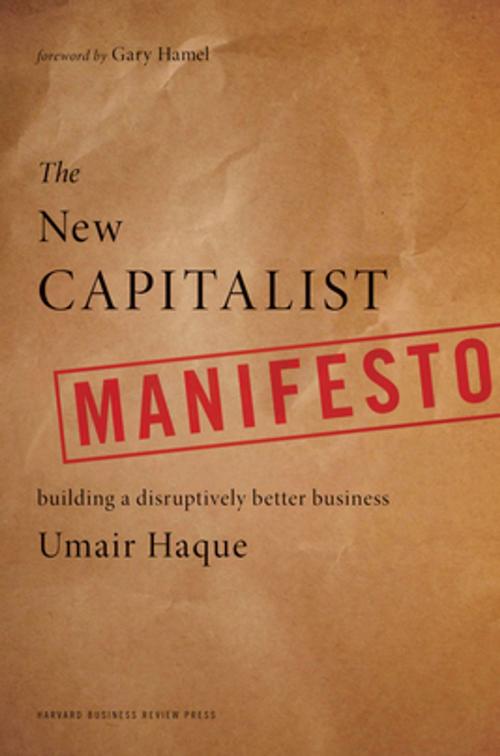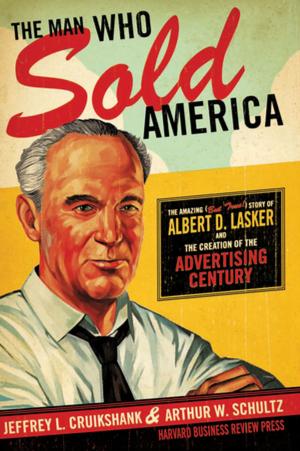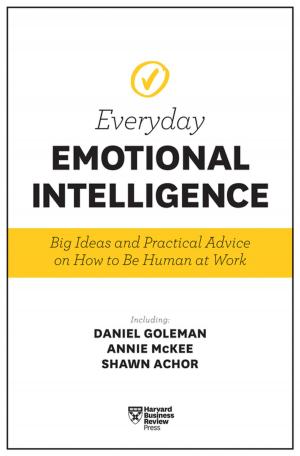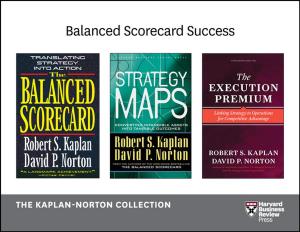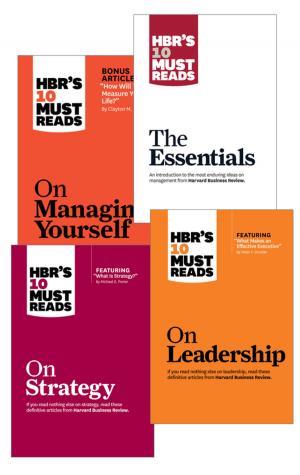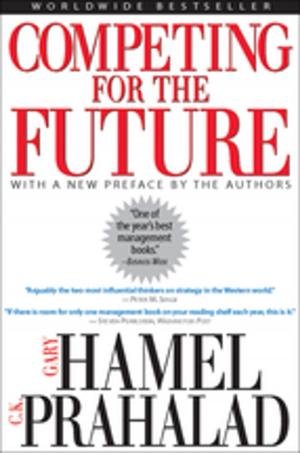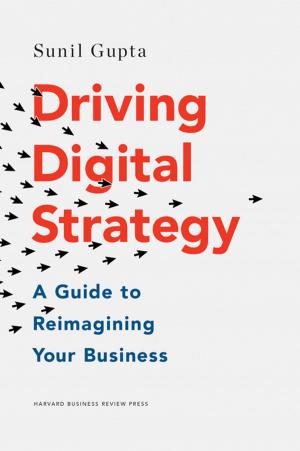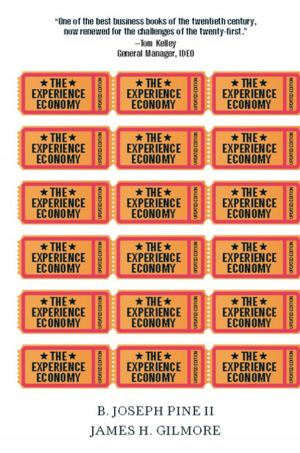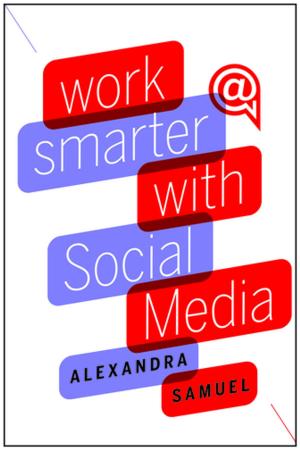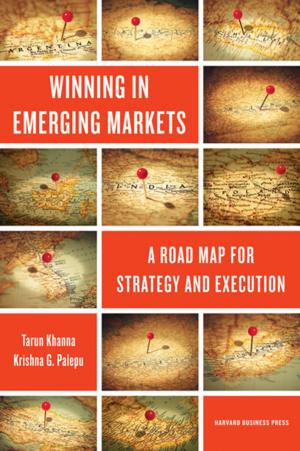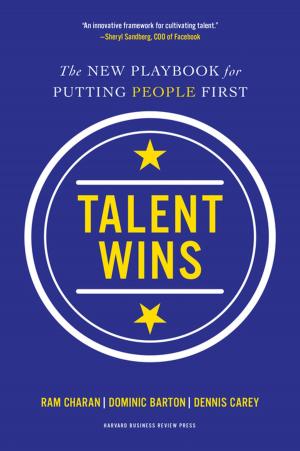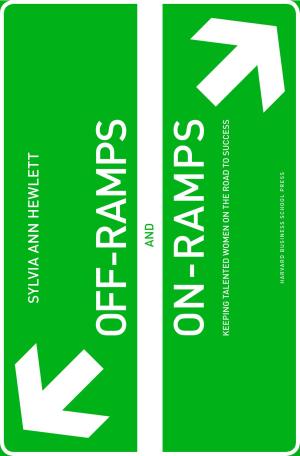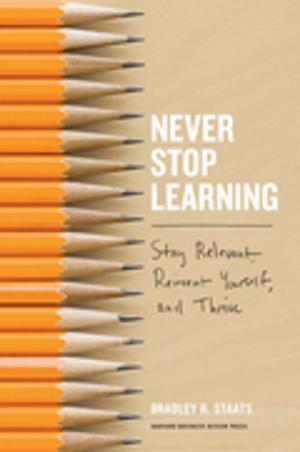The New Capitalist Manifesto
Building a Disruptively Better Business
Business & Finance, Management & Leadership, Management| Author: | Umair Haque | ISBN: | 9781422172346 |
| Publisher: | Harvard Business Review Press | Publication: | January 4, 2011 |
| Imprint: | Harvard Business Review Press | Language: | English |
| Author: | Umair Haque |
| ISBN: | 9781422172346 |
| Publisher: | Harvard Business Review Press |
| Publication: | January 4, 2011 |
| Imprint: | Harvard Business Review Press |
| Language: | English |
In this manifesto-style book, radical economist and strategist Umair Haque calls for the end of the corrupt business ideals that exemplify business as usual. His passionate vision for "Capitalism 2.0," or "constructive capitalism," is one in which old paradigms of wasteful growth, inefficient competition, and self-destructive ideals are left far behind at this reset moment. According the Haque, the economic crisis was not a market failure or even a financial crisis, but an institutional one.
Haque details a holistic five-step plan for both reducing the negative and exploitive nature of the current system and ensuring positive social and economic growth for the future. Haque calls for a reexamination of ideals, and urges business away from competition and rivalries and toward a globally-conscious and constructive model--and a constructive future. Haque argues that companies must learn to orient their business models around:
- renewal in order to maximize efficiency
- equity in order to maximize productivity
- meaning in order to maximize effectiveness
- democracy in order to maximize agility
- peace in order to maximize evolvability
These new business ideals focus on the human element - not profit exclusively - and are easily tailored for any size or type of business, as long as they are willing to make bold and sustained changes to the current system.
In this manifesto-style book, radical economist and strategist Umair Haque calls for the end of the corrupt business ideals that exemplify business as usual. His passionate vision for "Capitalism 2.0," or "constructive capitalism," is one in which old paradigms of wasteful growth, inefficient competition, and self-destructive ideals are left far behind at this reset moment. According the Haque, the economic crisis was not a market failure or even a financial crisis, but an institutional one.
Haque details a holistic five-step plan for both reducing the negative and exploitive nature of the current system and ensuring positive social and economic growth for the future. Haque calls for a reexamination of ideals, and urges business away from competition and rivalries and toward a globally-conscious and constructive model--and a constructive future. Haque argues that companies must learn to orient their business models around:
- renewal in order to maximize efficiency
- equity in order to maximize productivity
- meaning in order to maximize effectiveness
- democracy in order to maximize agility
- peace in order to maximize evolvability
These new business ideals focus on the human element - not profit exclusively - and are easily tailored for any size or type of business, as long as they are willing to make bold and sustained changes to the current system.
